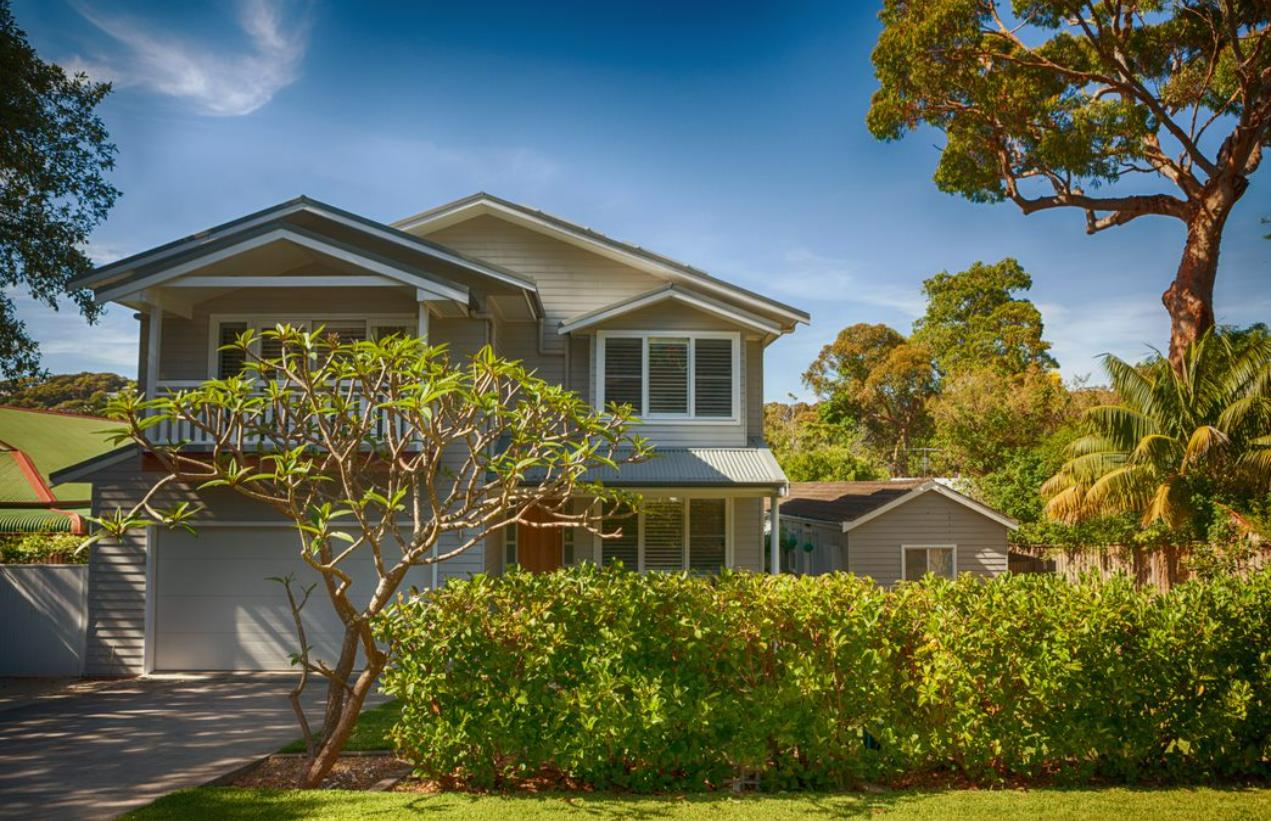10 things to consider when buying a rural property
There is an increasing number of people choosing the simpler life over city life by moving to regional Western Australia, and we get it – we have some beautiful rural towns in our state with enviable lifestyles on offer, and the working from home trend has only made it easier.
If you decide it’s time for a tree or sea change, it’s important to remember that purchasing a rural property is not the same as buying a residential property in Perth.
To help you make an informed decision, here are some key things to consider before you purchase a rural property.
1. The local economy and employment
You should always get to know the area of the location you wish to buy in, and for rural properties, you should also get to know its local economy.
Regional areas are built off the industries they specialise in, so it’s worth getting to know what drives the town you wish to live in. This will help you get a better understanding of what the town is known for, and what kind of local job opportunities might be on offer for you and your family.
Each rural town is significantly individual, so choose a town that best suits you and your family’s goals.
2. Community
Part of the beauty of living in a rural town is the close-knit community. Rural towns thrive off community spirit and it’s a great way to bring people together.
Some rural communities are more developed than others, with bustling strips, cafes, shops, community hubs and sporting clubs, whilst others are more quiet and laidback. However, community groups are much more popular and engaging in rural towns than they might be in Perth. Whether it’s joining the local football club or the rotary club, consider what it is you and your family would like to be involved in and what it is you want from a community.
3. Land covenants
Your RE/MAX Extreme real estate agent will explain what land covenants are to you and what specific ones apply to the property you are interested in. Land covenants are certain rules implied by the council or developer, that will affect what you can and can’t do with your property. Rural land that has been subdivided and developed would most likely be subject to land covenants, so be sure to understand these before signing the contract.
4. Access to utilities
Not all rural areas enjoy easy access to utilities like modern properties have. Check the availability and cost of power, water, postal, waste disposal, internet and phone services. The quality or reliability of these services may impact your decision to purchase the property, especially if you will be working from home where good internet access is a must. It is also worth checking what you are required to do with your rubbish, as it is possible that you can’t just leave it out on the verge like you do in the city.
5. Access to amenities
A rural lifestyle means you might be further away from some amenities. If living close to a dentist, chiropractor, hospital or school is a requirement for you, it might mean choosing the rural or regional town you buy in more carefully. Whilst most rural towns will have some local amenities, there are towns where there is nothing in sight for miles. Ensure that the regional property you are buying is close to all the basic amenities that meet your needs.
6. Farming
Part of the perks of living on a large acreage or lot is the privacy and open space that is hard to come by in Perth. If you decide to purchase a rural/regional property, there is a good chance you may have farms as neighbours, so be sure that you understand some of the things that come with this. Whilst you may rarely have any interaction with your neighbouring properties, some things to consider when bordering a farm include livestock, noises, chemical use and plant health. You should get to know the surrounding properties before you buy and get a good understanding of what activities may take place on the borders. Be sure to check zoning rules with local councils and chat to the locals so you can get an idea if this property will be right for you.
7. Bushfire prone areas
Some rural towns can be prone to bushfires, so it’s worth checking with the local government about fire preparedness and what kind of safety measures and protocols are in place. Some properties may also be more at risk than others, so ensure you are aware before you purchase and make sure you get prepared and follow the fire bans when applicable.
8. Sewerage and water supply
You should get to know the water and pipeline systems that come with the property you are looking to purchase. Many rural properties run off septic tanks or other sewerage systems, so make sure you understand how these systems work and differ to a modern home. Is there portable water available? How are you storing water if scheme water is not available? What tanks and filers might you want? How are you capturing rain water? These are some questions you should be asking.
9. Maintenance of the property
Owning a large acreage can be charming, however with this comes a different kind of property maintenance. From mowing the lawns to clearing debris from rough weather, it’s important to stay on top of maintenance to ensure the property’s longevity and appearance.
10. Check the property itself
Lastly, just like you would with any home purchase, check the home structures and land it is on before buying for flaws or signs of neglect. Does it need any repairs or renovations before you move in? Investigate exposure to climate extremes, such as sun, wind and rain. There are lots of benefits to a rural lifestyle. The peaceful atmosphere, serenity and community culture are just some reasons why you might wish to live rural. Whether you are buying a property in the city or regionally, you should put in the same level of due diligence and research to ensure the property you are buying is right for you.
SOURCE: www.reiwa.com.au



